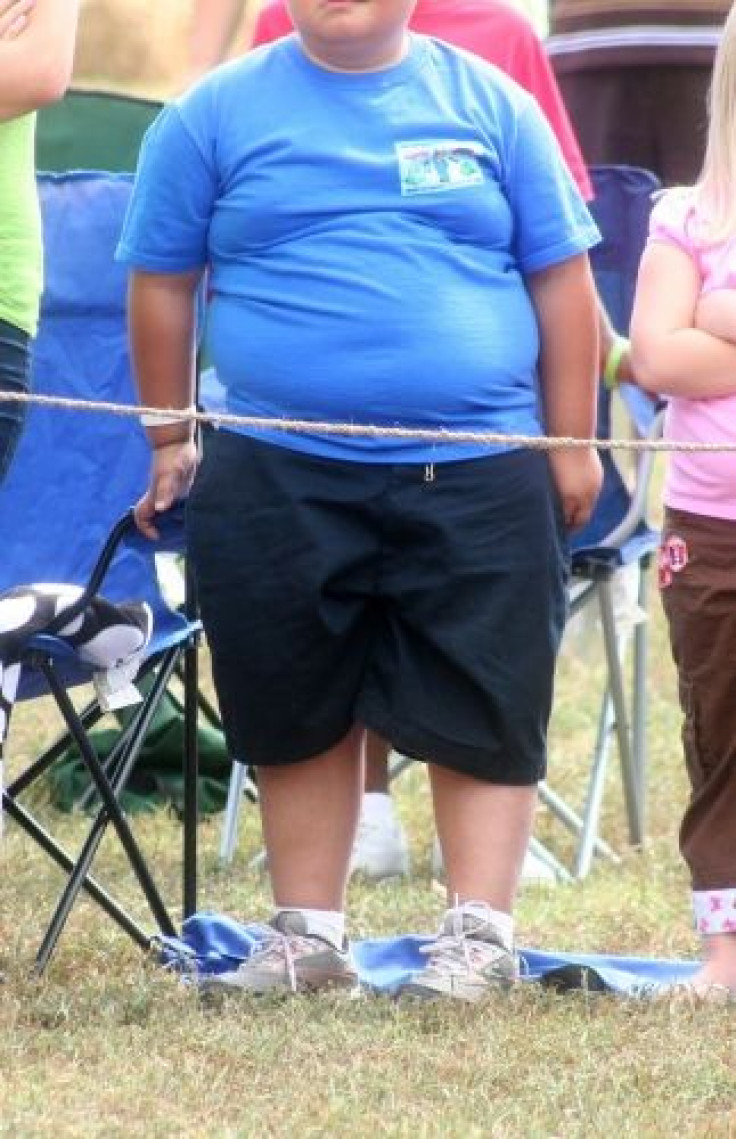Children Diagnosed With ADHD More Likely To Become Obese, Says Study

Children who are diagnosed with attention-deficit hyperactivity disorder (ADHD) might have the most trouble paying attention to their diets. A 33-year cohort study revealed that men who were diagnosed with ADHD as children were also significantly more likely to become obese.
According to a parental survey reported by the Center for Disease Control and Prevention, around 5.4 million children have been diagnosed with ADHD as of 2007. Boys have a 13.2 percent chance of being diagnosed compared to girls who only have a 5.6 percent chance.
Researchers from the Phyllis Green and Randolph Cowen Institute for Pediatric Neuroscience and the Child Study Center of the NYU Langone Medical Center in New York City set out to compare body mass index (BMI) levels and obesity rates in men who were diagnosed with childhood ADHD and men who were not diagnosed with childhood ADHD.
At the beginning of the study, 207 Caucasian boys, who were diagnosed with ADHD at the aveage of age 8, participated in interviews at ages 18, 25 and 41. During the analysis at age 18, a second group of 178 boys without ADHD was added to the study. By the conclusion of the study, the height and weight of 111 men without childhood ADHD and 111 men with childhood ADHD were calculated.
Of the men who had a childhood ADHD diagnosis, 41 percent were considered obese and recorded a body mass index (BMI) at around 30.1. The control group of men who were not diagnosed with childhood ADHD reported a 21 percent obesity rate and 27.6 BMI on average.
The authors could only speculate as to what the effects of ADHD have to do with this drastic weight gain later in life. Possible explanations include poor decision making skills, failure to plan out healthy eating habits, and trouble controlling impulses.
"White boys with ADHD are at substantially elevated risk for obesity in adulthood. The long-term risk for obesity should be considered when managing children with ADHD," concluded lead author Dr. F. Xavier Castellanos, M.D.
In order to help parents make better decisions when it comes to caring for children with ADHD, the National Institute of Mental Health offers tips for organization and responsibility. A thorough schedule outlining the child's day will help him or her remember tasks and events. Organizations of clothes, school items, and other belongings can help children harbor responsibility for their possessions. Children with ADHD are greatly affected by criticism, so praise is strongly encouraged in order to strengthen their perceived value of achievement.
Source: Castellanos FX. Obesity in Men With Childhood ADHD: A 33-Year Controlled, Prospective, Follow-up Study. Pediatrics. 2013.



























